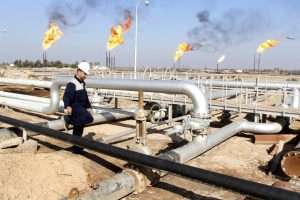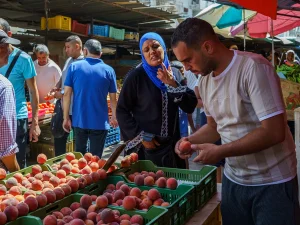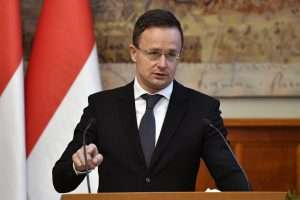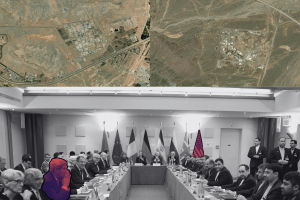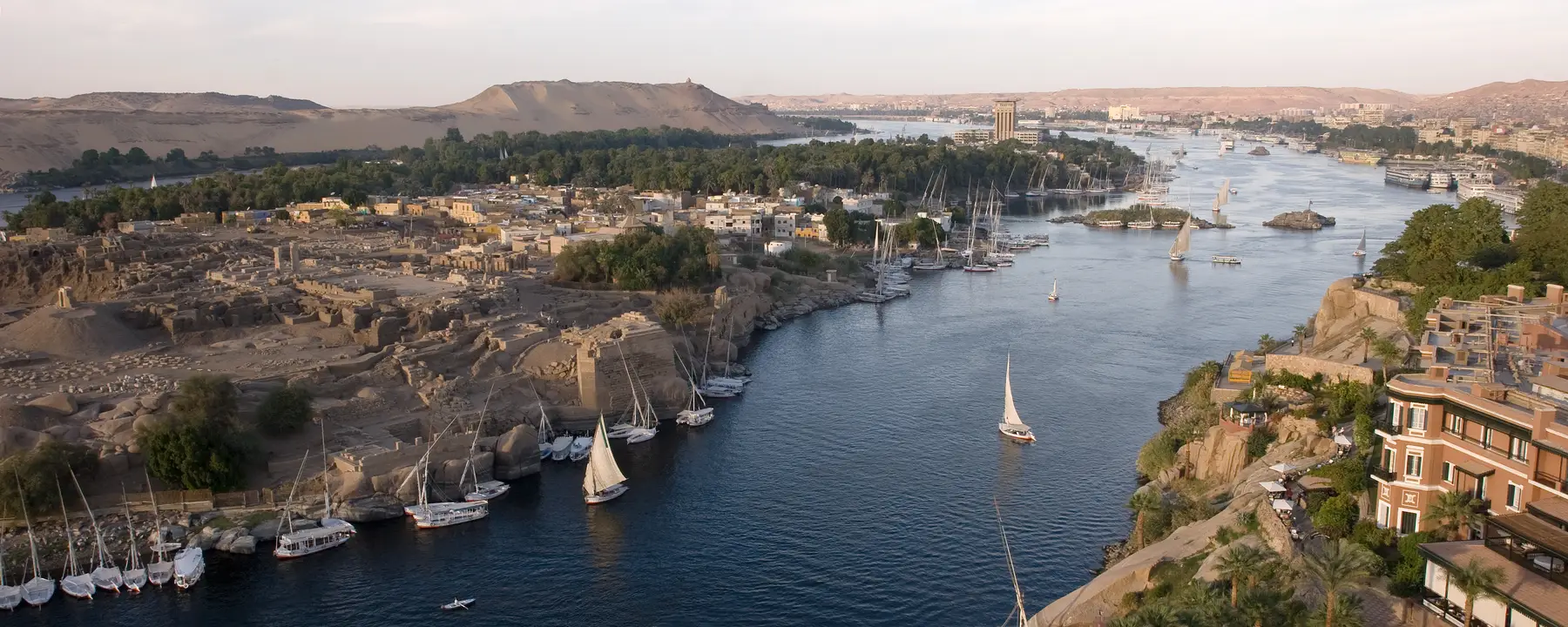Tunisia and UK partner in clean energy project
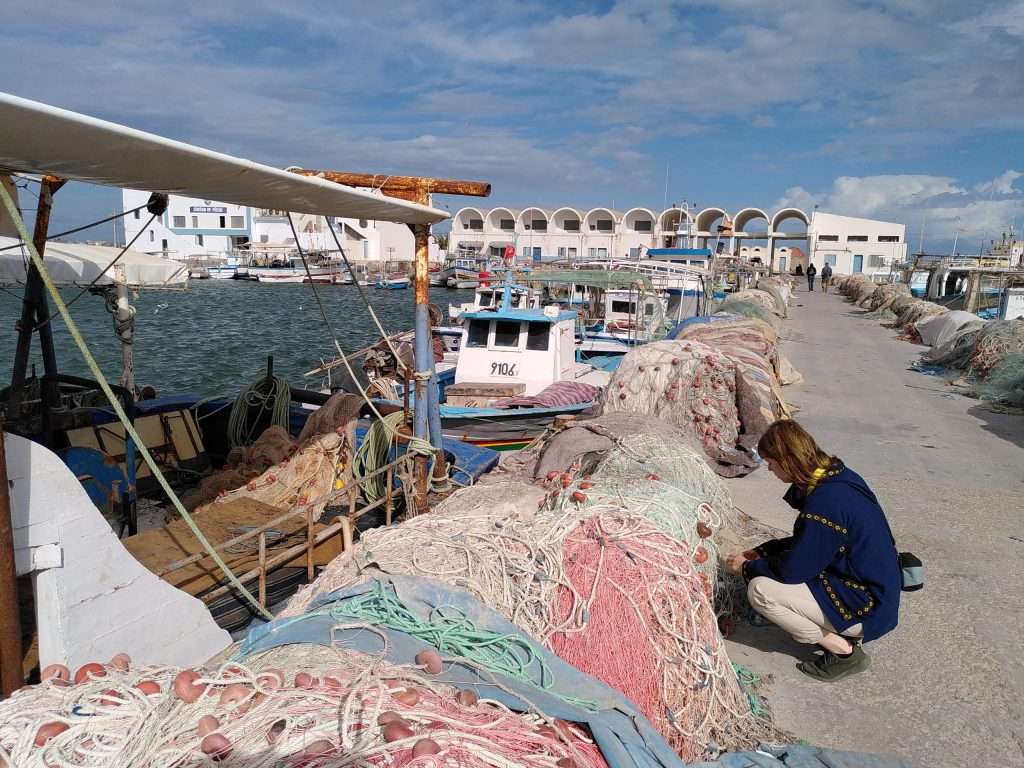
The British Embassy in Tunisia, in partnership with WWF UK and WWF North Africa, has launched a 12-month initiative to transform small-scale fishing in the Gulf of Gabès, as reported by African Manager on July 3rd.
By fitting artisanal boats with solar-powered electric engines, the project aims to cut fuel use, eliminate noise pollution, slash carbon emissions, and ease financial burdens on local fishers, all while helping protect marine ecosystems.
Funded with £254,950 from the UK government (roughly one million Tunisian dinars), the programme brings together a coalition of Tunisian ministries, energy and agricultural agencies, solar technology suppliers, financial institutions, and coastal fishing cooperatives.
Together, they support a shared goal: to build cleaner, more inclusive, and sustainable coastal economies through renewable energy innovation. Tunisia’s economy has long been subject to hardship with substantial debt.
The project aligns with Tunisia’s national strategies for energy transition and fisheries reform. Fitting within the country’s national development plan. National authorities have offered strong support, recognising the effort as a model for integrating green technology with traditional livelihoods. Local fishers stand to benefit directly, not only through lower operational costs, but also by leading the shift toward low-impact marine practices.
However, reported by Al-Monitor on June 25th, economic motivations have led the Tunisia to plan to expand fertiliser production at the Gabes phosphate plant despite severe environmental and health concerns. The government reversed a 2017 promise to close the site. Gabes residents suffer toxic air and sea pollution, with cases of cancer and heart disease blamed on the plant.
WWF North Africa will oversee implementation and share findings across regional and national platforms to encourage broader adoption. The initiative also champions marine conservation, gender equity, and community resilience, creating space for global collaboration and local leadership.
A press release from the British Embassy describes the initiative’s goals is to “reduce fuel consumption, carbon emissions, and noise pollution, while lowering operating costs for fishers and protecting marine biodiversity.” The project represents a new approach to climate action—one that treats sustainability not as a trade-off, but as a tool for empowerment.
African Manager, Al-Monitor
Want to chase the pulse of North Africa?
Subscribe to receive our FREE weekly PDF magazine





